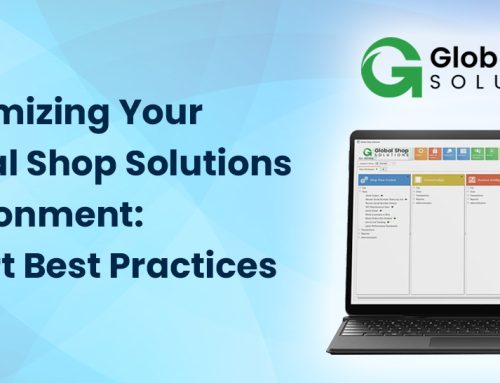
The good, the bad, and the ugly things about Microsoft Excel (How and Where Excel is Hurting your Bottom Line)…
Ah, the spreadsheet! It was the ‘killer app’ that made the PC (and the Mac). When Apple foolishly tried to go without one by suing their spreadsheet provider (Microsoft) they nearly went bankrupt. That’s how much of a cornerstone MS Excel has become in so many industries.
Chances are your business relies heavily on Excel. Most of your ‘knowledge workers’ like accountants, engineers, sales managers, and production managers all use it heavily. They use it to do things like calculate sales commissions, predict cash flow, analyze profit margins, calculate profit margins, and planning, planning, and more planning.
I’ve spent many a late night with Excel analyzing the effect of strategic and tactical decisions I needed to make. It helped me immeasurably to sort out what needed to change.
That’s the good, but how about the bad, and the Ugly?
Excel is being used in your company in ways that are hurting you.
Why?
Remember Parkinson’s law, “work expands so as to fill the time available for its completion”?
Excel is a terrible place to store and retrieve data. It is meant to analyze data.
If you have systems built on Excel that require data to be input and then reports to run, chances are
- You’ll have a spreadsheet with many sub-sheets (tabs).
- Often the same data will be input into several locations on many different spreadsheets.
- You have people spending time figuring out why data is different and reports are wrong.
- At some point Excel will crash or hang and you lose data and have to re-enter it.
- The time to do the same tasks take longer as more data is entered.
- Over time you will have people analyzing the spreadsheets to find errors.
The result is that your labor costs go up over time because of the people you need to keep on payroll to find your information.
Why?
- Excel based system’s performance will lag and eventually stop working – requiring data to be recreated.
- Your people will begin to build ‘side systems’ in new spreadsheets to attempt to get their work done.
- Timeliness and accuracy (the key indicators of a functioning system) get worse over time, not better.
So look around your office and see if you notice any of these symptoms. If so and you’d like to find solutions and better ways of keeping track of and storing your data give Upward Technology a call today!






Leave A Comment